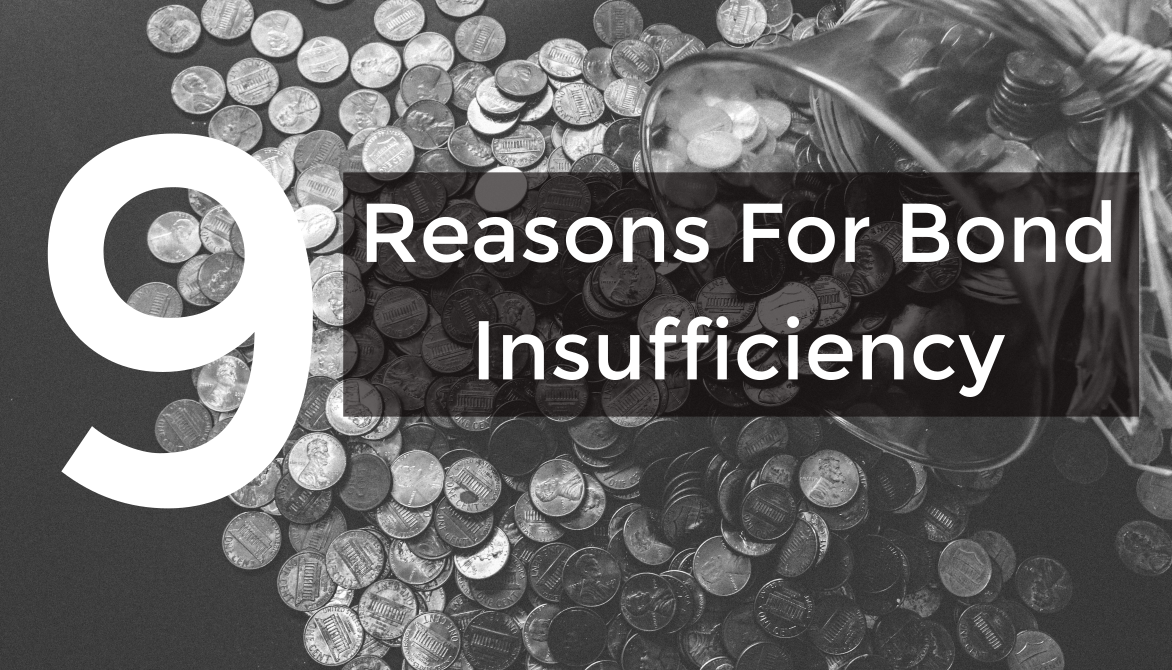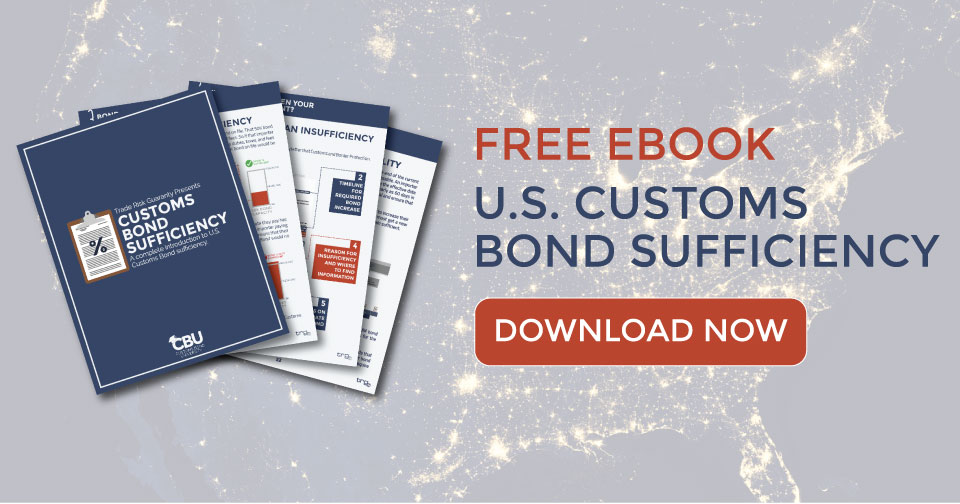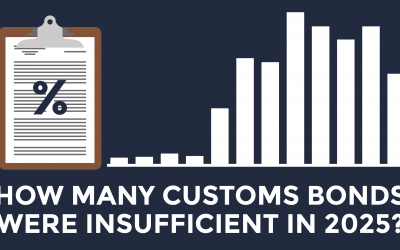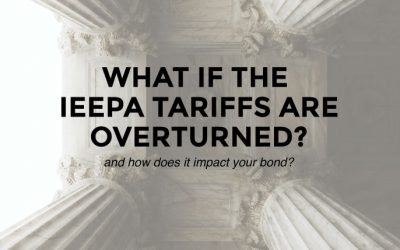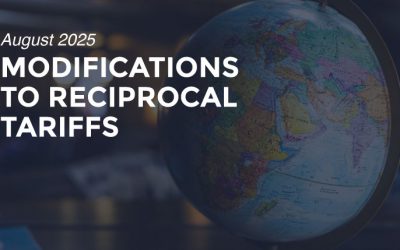Why has your Customs Bond been deemed insufficient? There are 9 possible reasons and we have the answers…
When importing into the United States a U.S. Customs Bond is needed to enter your goods with U.S. Customs and Border Protection. However, if you do not follow Customs protocols, they can take action against an importer by deeming your bond insufficient.
Bond Sufficiency
Bond sufficiency refers to whether or not the bond is adequate to protect Customs and Border Protection’s revenue and ensure compliance with applicable laws and regulations. There are a number of reasons why your bond could be insufficient. If this occurs, you need to act fast and speak with your surety immediately. Customs will not always allow importers 30 days to remedy the situation.
9 Reasons For Bond Insufficiency
A Continuous Customs Bond may be rendered insufficient for the following reason(s):
1. Outstanding debt issues related to any of the entities on the bond (including unpaid bills and debit vouchers)
Import duties are the Unites States ‘second-largest revenue stream. Because of this, they want to ensure that you are able pay all duties, taxes, and fees due in a timely manner. When you fail to pay these amounts and leave them outstanding for an extensive-time period, Customs may deem your bond insufficient.
2. Failure to comply in a timely fashion with a formal demand letter from CBP to increase the bond
Customs is not a patient entity. They expect the bond you use to be for the correct amount and when you go over that amount and do not act quickly, they will deem your bond insufficient. The size of a Customs Bond can be calculated as 10% of the annual duties, taxes, and fees you pay Customs and Border Patrol rounded to the nearest 10,000. Customs considers a period of the past 365 days from the current date when calculating bond sufficiency.
3. Use of an invalid or ‘non-deliverable address for any entity using the bond
Customs has been cracking down on correct paperwork. If they find an invalid address connected to a bond they will deem that bond insufficient. The only way to correct this is to submit a Customs form 5106 as well as a bond rider to the Revenue Division Bond Team.
4. Failure to comply with the rejection of a termination request
Customs can and will use your Customs Bond to ensure compliance with any of their decisions. Therefore, if you have failed to comply with a formal request, they can take action by deeming your bond insufficient.
5. Missing or misplaced bond paperwork
The information on your bond is important to know for communicating with Customs. If you misplace this paperwork or Customs cannot find it, they will deem your bond insufficient.
6. Use of an invalid importer of record number on the bond (ex. an entity using an EIN that is not assigned to that party by the IRS)
All importer numbers are assigned directly to importers or their companies. If you use an IOR number that is not your own, Customs can deem your bond insufficient.
7. Failure to provide any required bond paperwork (ex. Reconciliation rider, bond rider for importation into the U.S. Virgin Islands, surety approval for participation in deferred tax payment, etc.)
This is similar to losing or misplacing bond paperwork, however, it also includes not having required paperwork.
8. Failure to annually deposit the required cash-in-lieu of surety for a continuous bond obtained under 19 CFR 113.40
This refers to instances in which a person utilizes a cash bond directly with Customs instead of surety backed continuous bond. The basic rule of thumb here is that Customs will deem your bond insufficient if they have set a requirement and the importer has not met that requirement.
9. Failure to comply with specific mandates/requests from the Office of Administration
This refers to specific requests from the Office of Administration, this is a catchall for anything that wasn’t covered for previous reasons.
For all of the reasons listed above, Customs can deem a bond insufficient. When you find your bond has been deemed insufficient, reacting quickly is important. You don’t want your shipments to be held up at the port.
If you have any additional questions, TRG’s team of experts is here to help. Give us a call or send us an email at askanexpert@traderiskguaranty.com.

